That is the assessment of Mr. Cao Duc Phat - former Minister of Agriculture and Rural Development, Chairman of the Board of Directors of the International Rice Research Institute (IRRI) at the seminar "Connecting and cooperating public-private in research, selection and trade of rice varieties", jointly organized by the Vietnam Rice Industry Association (Vietrisa), the Vietnam Seed Trade Association (Vsta) and the Vietnam Agriculture Newspaper in Thai Binh province on May 31.
Vietnam owns rice varieties that many countries "dream of"
According to the documents at the Seminar, varieties are one of the most important steps in rice cultivation. The selection and creation of crop varieties, especially rice varieties, has always received special attention and investment from our State, assigned to State Research Institutes to carry out, and at the same time encouraged businesses and private individuals to participate in research, selection and commercialization of rice varieties.
According to the Department of Crop Production (Ministry of Agriculture and Rural Development), from June 2014 to December 31, 2019, 119 rice varieties were recognized as national varieties, which are still being commercialized for production. From January 1, 2020 to present (May 28, 2024), a total of 267 rice varieties have been recognized under the Law on Crop Production, including: 152 varieties recognized for circulation; 82 varieties extended for circulation and 33 varieties specially recognized.
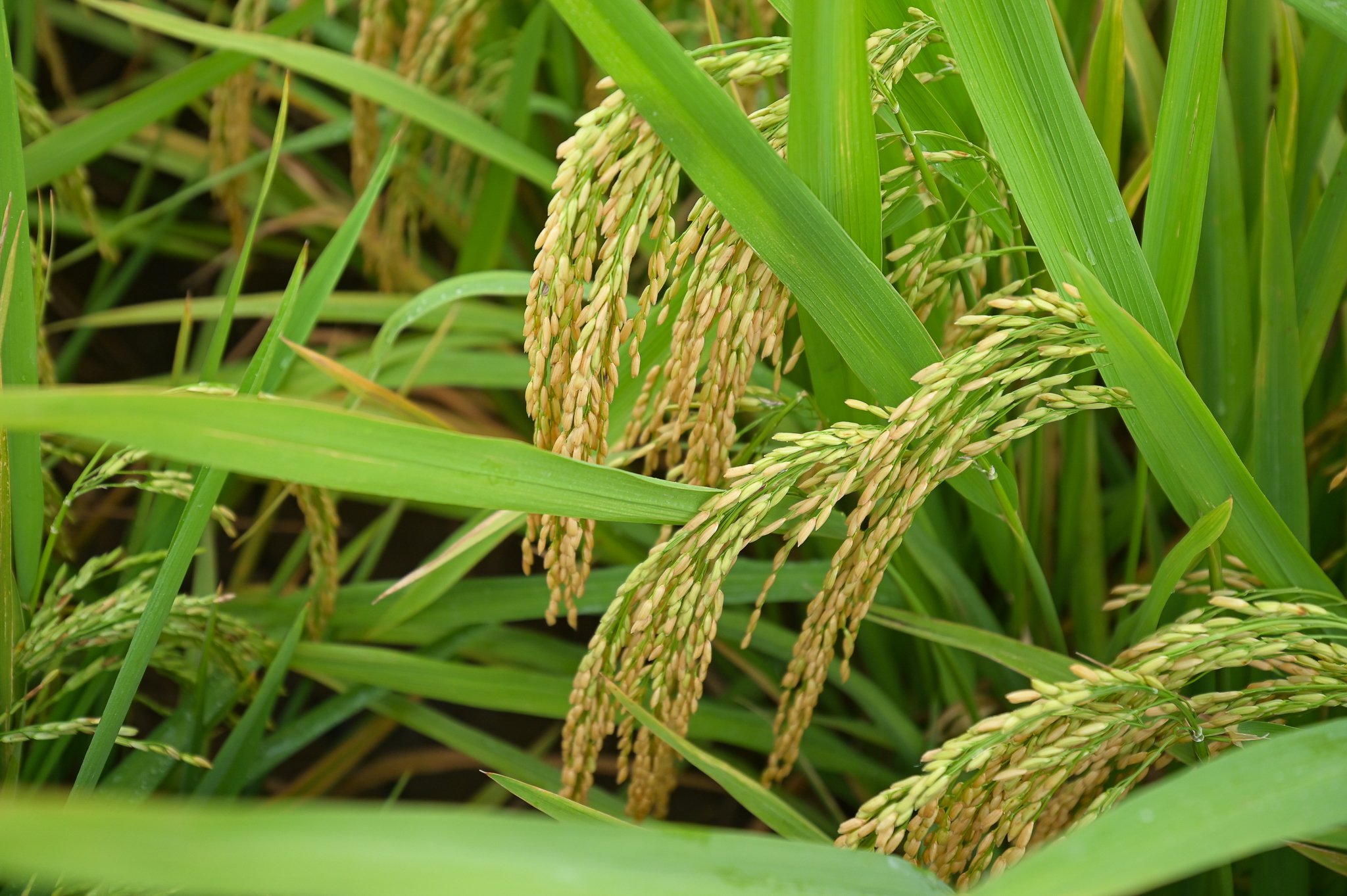
Vietnam has a set of rice varieties that meet all the criteria: Short-term, good resistance to pests and diseases, wide adaptability, high yield, good quality...
Vietnam has a very diverse set of rice varieties, and at the same time, the quality of the varieties is improving day by day. According to the investigation of the Department of Crop Production, the total area of pure rice cultivated in the country in 2015 reached about 6.821 million hectares. Most of the major rice varieties planted during this period such as IR50404, OM6976, OM4900, Khang Dan 18..., although having quite high yield, the quality of the rice is not high.
By 2024, high-quality rice varieties will dominate production, such as: Dai Thom 8, OM18, OM5451, TBR225, RVT, DS1, ST24, ST25... Low-quality rice variety IR50404 will decrease from over 1.3 million hectares in 2015 in the Mekong Delta to 176,000 hectares in 2023.
Similarly, Khang Dan 18 rice variety is no longer dominant in the Red River Delta, Northern Midlands and Mountains and North Central Coast, instead, pure quality rice varieties are: TBR225, Thien Uu 8, Dai Thom 8, HT1, Bac Thom 7, Japonica varieties, quality hybrid rice Thai Xuyen 111, Lai Thom 6...
According to the Department of Crop Production, Vietnam has a set of rice varieties that meet all the criteria: short-term, good resistance to pests and diseases, wide adaptability, high yield, good quality, which is the dream of many countries in the region.
Along with the shift in high-quality rice varieties, Vietnam's rice prices are now among the top in the world. According to market information, the three high-quality rice varieties Dai Thom 8, OM18 and OM5451 account for 52% of Vietnam's total rice exports in 2023.
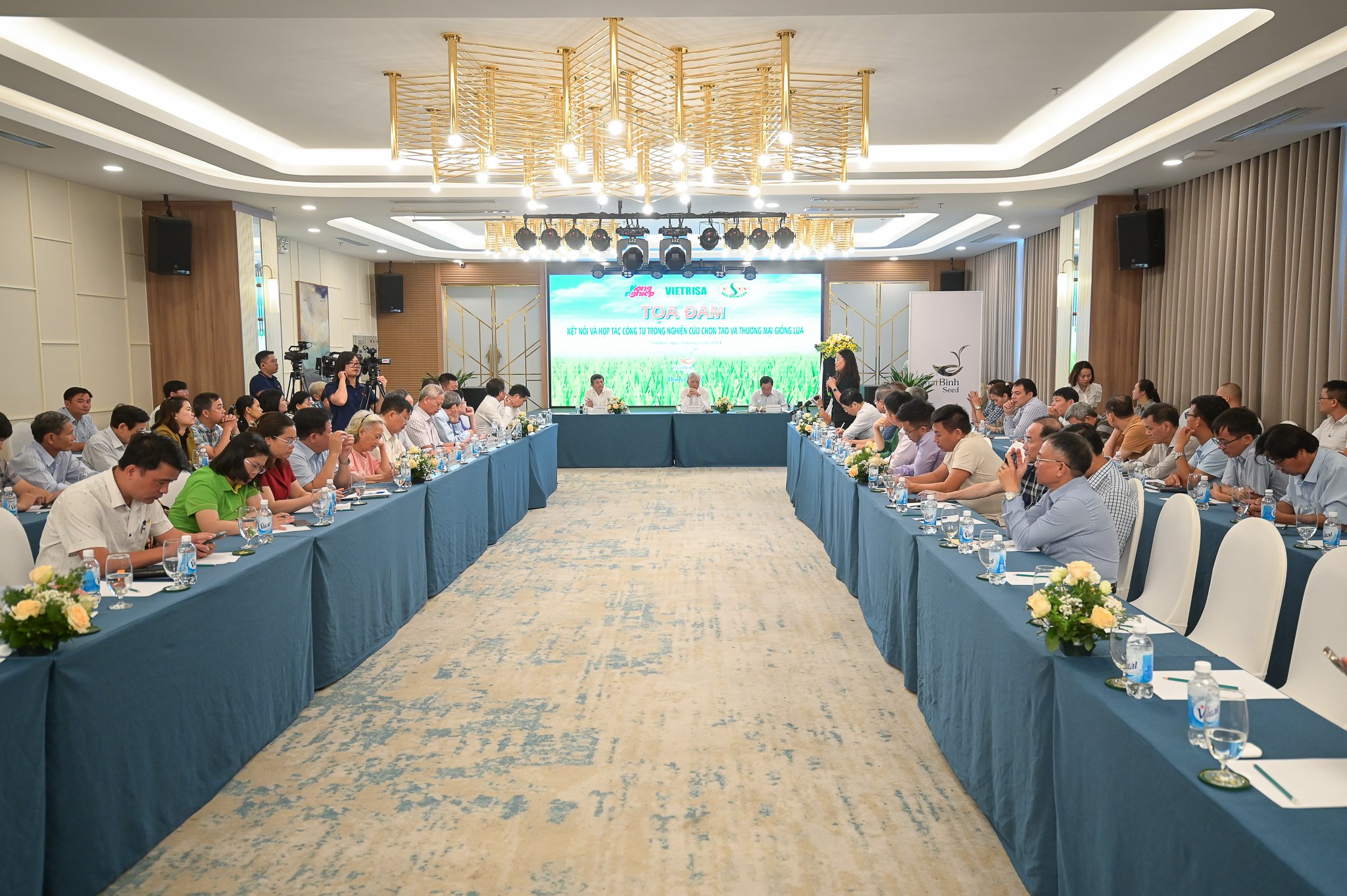
Overview of the seminar "Connecting and cooperating with public and private sectors in research, selection and trade of rice varieties", jointly organized by the Vietnam Rice Industry Association (Vietrisa), the Vietnam Seed Trade Association (Vsta) and the Vietnam Agriculture Newspaper in Thai Binh province on May 31. Photo: Tung Dinh
Public-private partnerships in research, selection and commercialization of rice varieties are also growing. Many rice varieties from research institutes have been transferred to businesses, which have quickly commercialized them for production and contributed to the success of rice exports to many major markets around the world.
Many obstacles in public-private cooperation in rice variety research and transfer
However, according to many delegates participating in the Discussion, our country's rice production chain still has many problems. Ms. Tran Kim Lien - Vice President of Vietnam Rice Industry Association, Chairman of Vinaseed Board of Directors said that good rice varieties need businesses to put into practice, however, from policy to practice there is a delay compared to the wishes of businesses.
"Without the participation of businesses, it is impossible to successfully transfer quality rice varieties to the market. Public-private partnership aims to mobilize resources, create connections between businesses and the market, and in the past, Vinaseed has bought and sold many rice varieties to bring them to the market, participating in many scientific and technological research projects on rice varieties. We even support the entire cost of variety certification so that we have the right to be "priority" in production and business cooperation."
However, Ms. Lien said that the forms of public-private partnership between enterprises and research institutes are dependent on Decree No. 70/2018/ND-CP of the Government on "Planning the management and use of assets formed through the implementation of scientific and technological tasks using state capital". This makes enterprises not have the right to own rice varieties, even though they contribute to the research process.
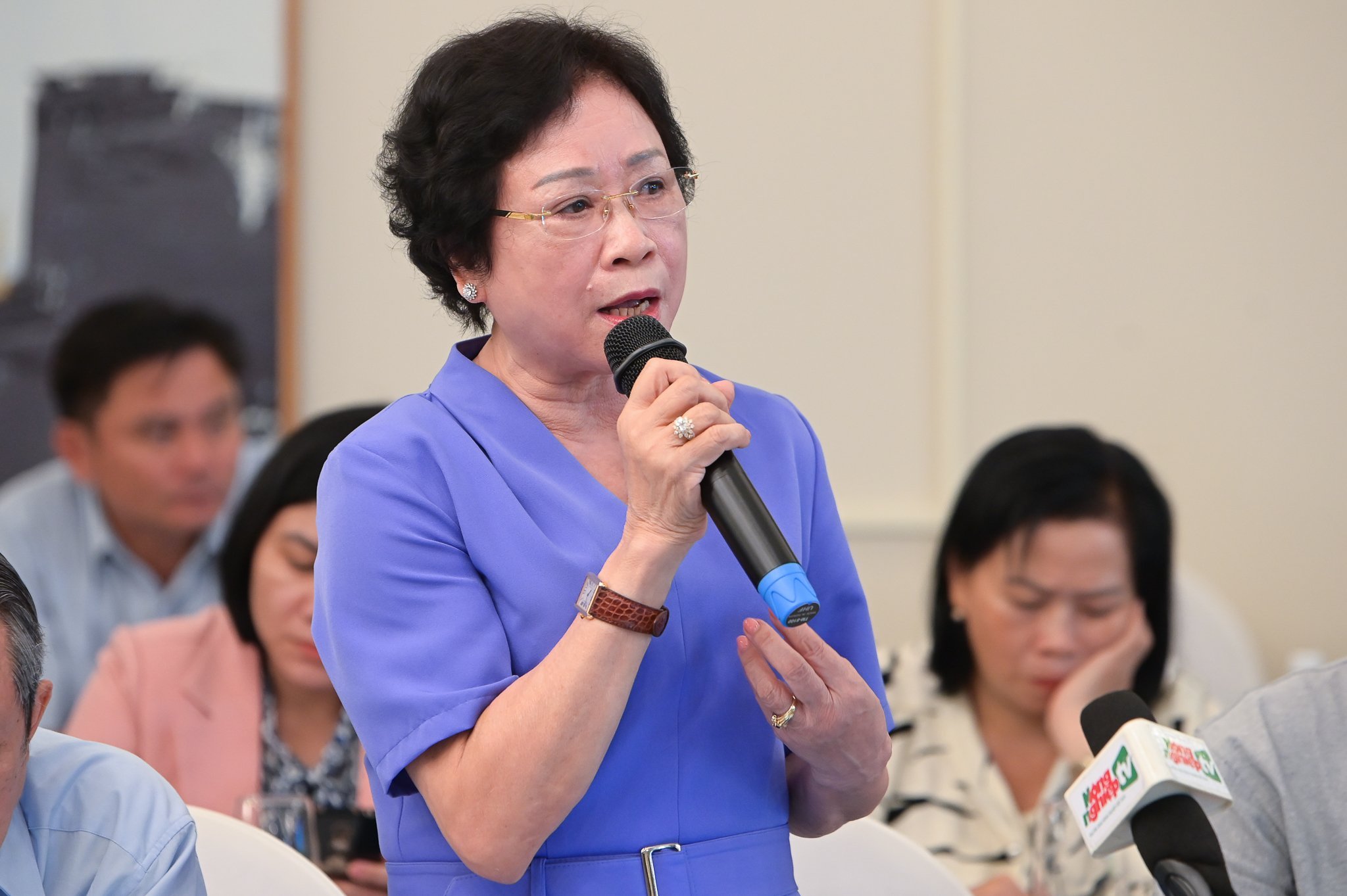
Ms. Tran Kim Lien - Vice President of Vietnam Rice Industry Association, Chairman of Vinaseed Board of Directors said that the company really wants to cooperate with Research Institutes and Schools in researching, selecting and transferring rice varieties, but there are still many regulations that make expanding cooperation difficult.
Ms. Tran Kim Lien said that both businesses and research institutes are very bold in public-private cooperation, but so far we still lack a specific legal corridor for this cooperation. From 2018 to now, institutes cannot transfer copyrights of plant varieties to businesses even though businesses participate in the research process. Instead, it is only a form of transferring production and business rights.
"Risks arise when there is no specific legal framework, when tax and audit agencies come to work, the contract may be canceled," Ms. Lien raised the issue. In addition, all contracts for "buying and selling" plant varieties before 2018 are facing difficulties in extending their validity, which could lead to the risk of businesses losing their varieties.
"When many parties are involved, it will be difficult to find a common voice, and no one will take responsibility for problems. If the policy mechanism is not clear, it will be difficult for businesses to boldly innovate and apply new things and new varieties. Therefore, management agencies need to have policies, directions, and guidance for research institutes on how to handle plant varieties sold before the implementation of Decree No. 70/2018/ND-CP" - Ms. Lien suggested.
In addition, according to the Chairman of Vinaseed Board of Directors, management agencies need to soon issue a list of decisions on granting plant variety rights to units. From that list, businesses will understand the procedures to participate in the process of cooperation and technology transfer.
"Management agencies need to publicize technology transfer so that businesses have the conditions to participate in the process of commercializing research achievements on rice varieties," Ms. Tran Kim Lien emphasized.
Regarding this issue, Mr. Tran Manh Bao - Chairman of the Vietnam Seed Trade Association, Chairman of the Board of Directors of ThaiBinh Seed Group Joint Stock Company said that over the past decade, ThaiBinh Seed has chaired and coordinated the implementation of 45 national, ministerial and provincial level projects and topics, using a budget of nearly 200 billion VND. In addition, there are about 20 enterprise level projects with a budget of about 8 - 10 billion VND/year.
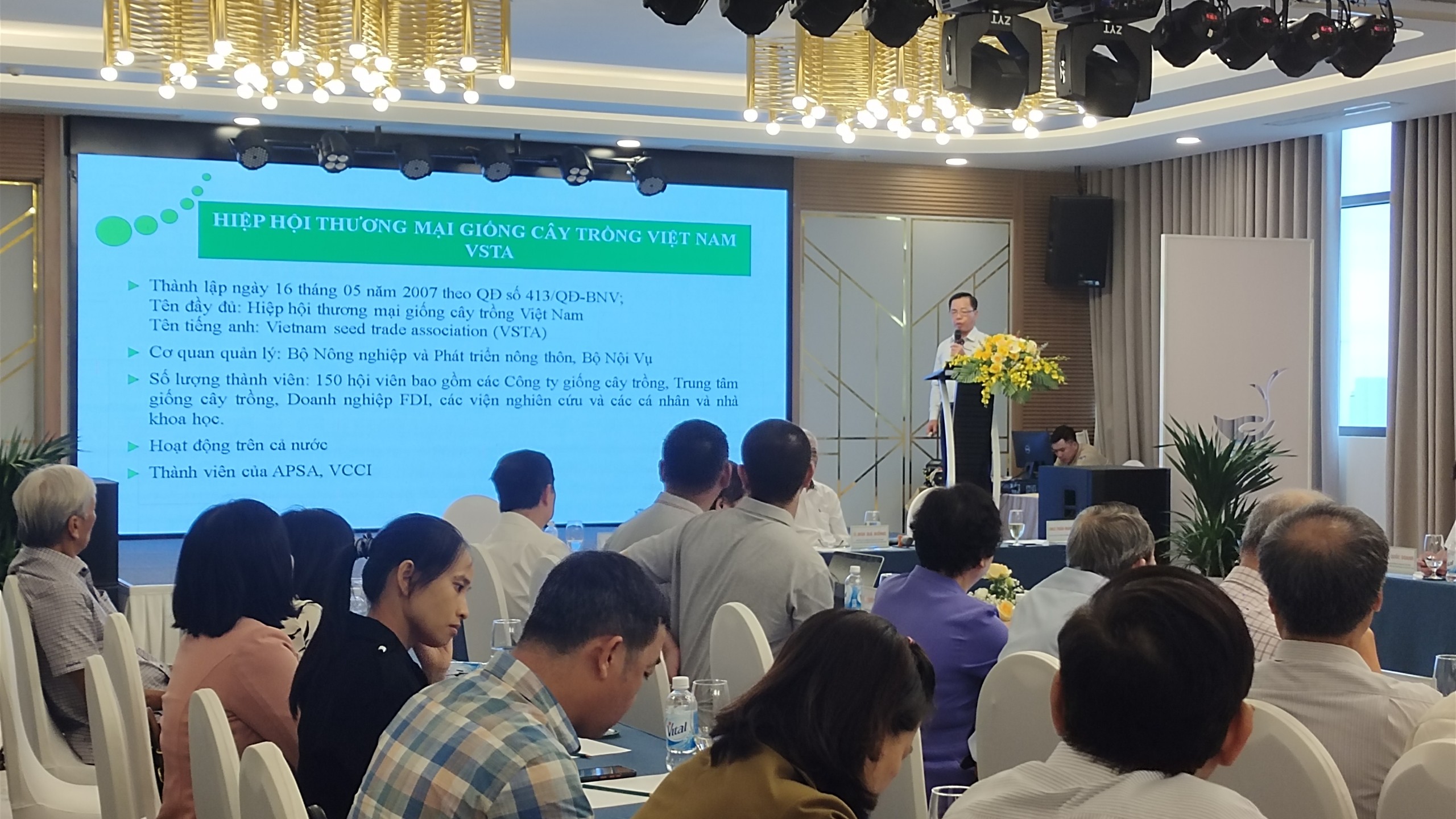
Mr. Tran Manh Bao - Chairman of Vietnam Seed Trade Association, Chairman of Board of Directors of ThaiBinh Seed Group Joint Stock Company spoke at the seminar. Photo: Minh Hue
Along with that, up to now, ThaiBinh Seed has been officially recognized for 20 new plant varieties for production. With a rich and diverse set of varieties, Thaibinh Seed has contributed to changing the structure of rice varieties in the Red River Delta region, especially with many rice varieties that are resistant to blast, leaf blight, and lodging - these are the 3 problems that rice farmers fear the most.
"We are currently researching rice varieties that are very resistant to climate change, especially those that are resistant to lodging, and at the same time developing a rice production process that reduces greenhouse gas emissions, and developing public-private partnerships with a number of organizations to disseminate this process. However, in reality, there are still many problems in the process of commercializing scientific research products," said Mr. Bao.
"The commercialization of research products between institutes and businesses is very difficult. Agricultural enterprises, including seed enterprises, are facing difficulties in scientific and technological innovation due to limitations in economic resources, knowledge, human resources, qualifications and technology. In particular, protecting the brand is very difficult. Social networks sell a lot of fake seeds. I know many people advertise selling F1 corn seeds imported from Japan, but in fact there is no such thing.
In addition, the phenomenon of selling white bags, without brand or label, is still quite common in the Mekong Delta. In the North, there are also many places that buy certified rice seeds, sow the seeds and then sell them to farmers. In foreign countries, this is not allowed, but in our country, there is no way to handle it. Because the brand cannot be protected, in the long run, no business will want to do it, and it will be impossible to "survive" if competing to sell seeds like this" - Mr. Tran Manh Bao raised the issue.
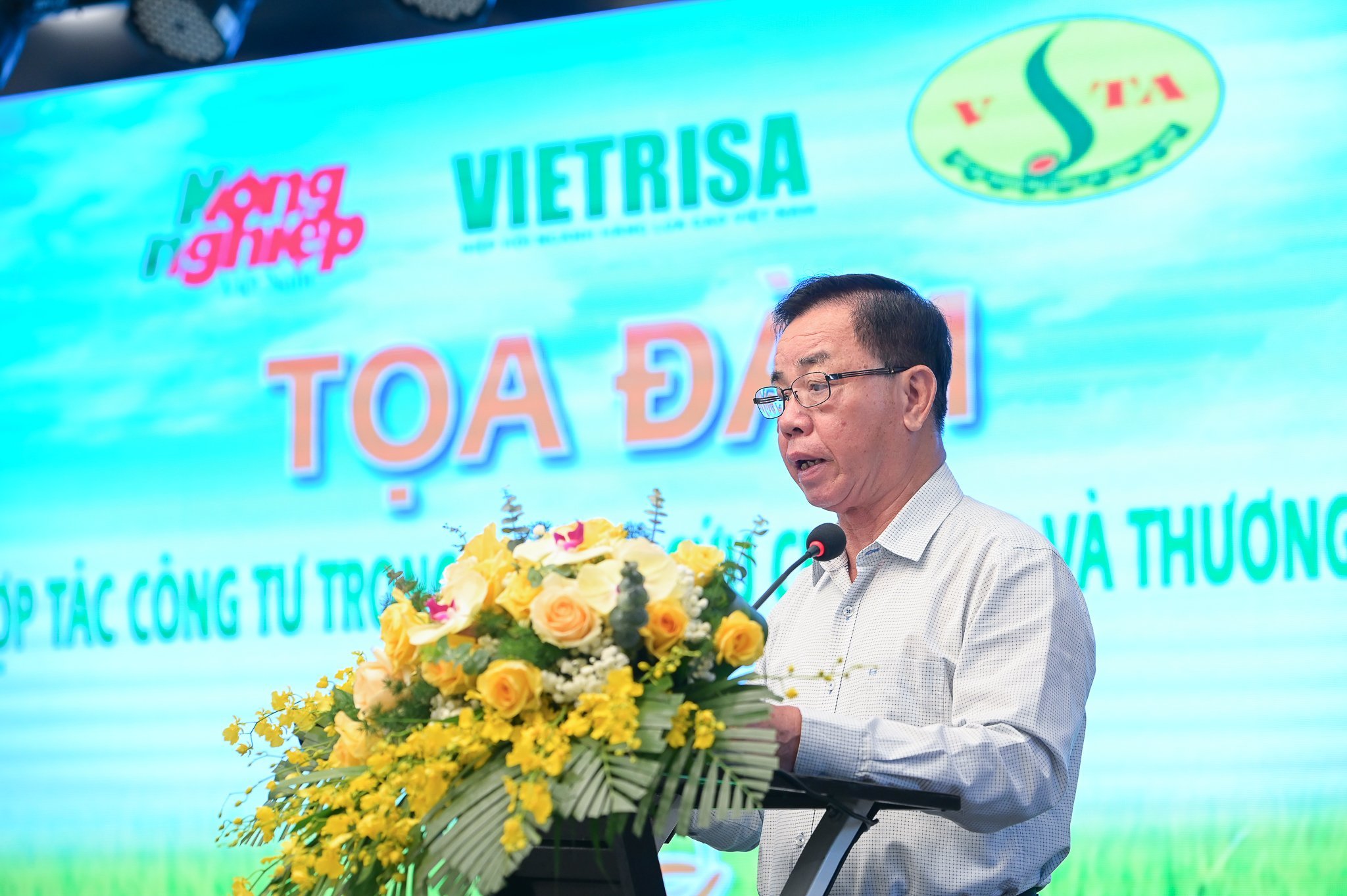
Mr. Tran Manh Bao - Chairman of the Board of Directors of ThaiBinh Seed Group Joint Stock Company said that the investment budget for scientific research has gradually decreased over the years, from 1.1% (2017) to 0.82% (2023).
Furthermore, the implementation of topics and projects with state budget support still has many complicated procedures, and the financial mechanism does not encourage research and development. Due to the incomplete and unclear legal corridor, each place implements differently.
To make the public-private partnership mechanism transparent, Chairman of ThaiBinh Seed suggested that, first, the state must increase investment in science and technology, because without science and technology, development is impossible. Second, it is necessary to adjust, amend, and supplement the public-private partnership mechanism, policies on implementing scientific tasks and transferring research products.
"Scientists do not have much experience in commercializing varieties, so I think we should contract out scientific and technological products. For example, if a plant variety is transferred over a certain area, then we can pay a fee corresponding to that area. This will be convenient and create motivation for all parties," said Mr. Bao.
Source: https://danviet.vn/viet-nam-dang-co-bo-giong-lua-hoi-tu-du-5-tieu-chi-la-mo-uoc-cua-nhieu-quoc-gia-20240601185058402.htm



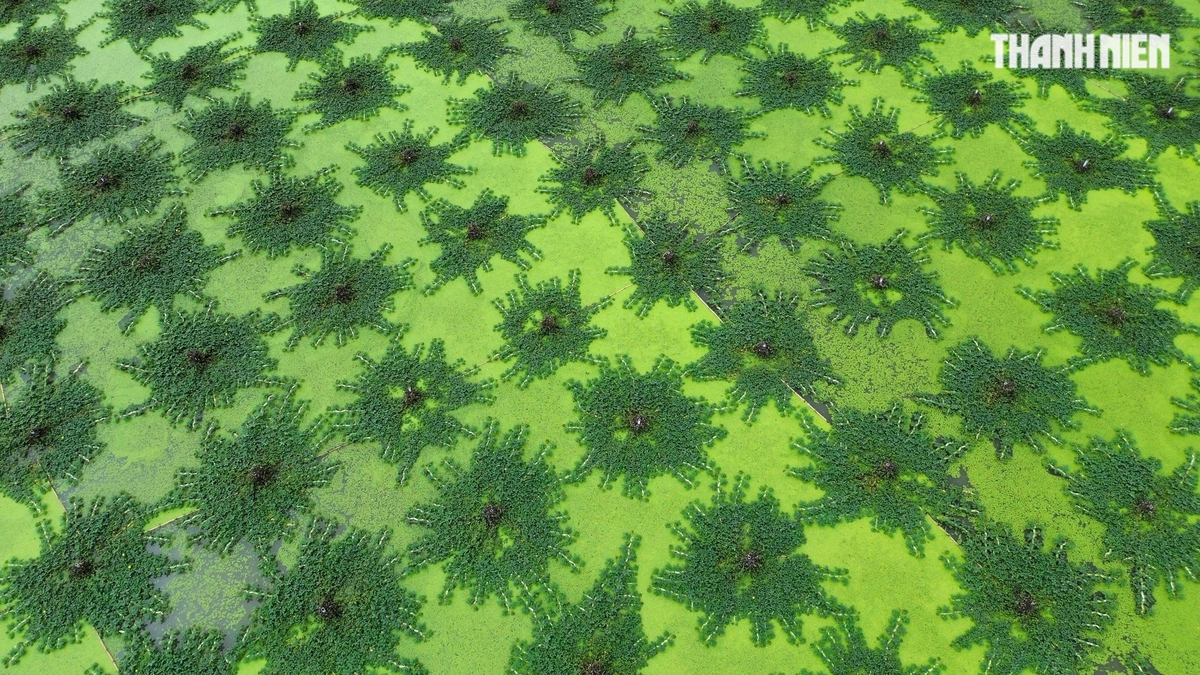
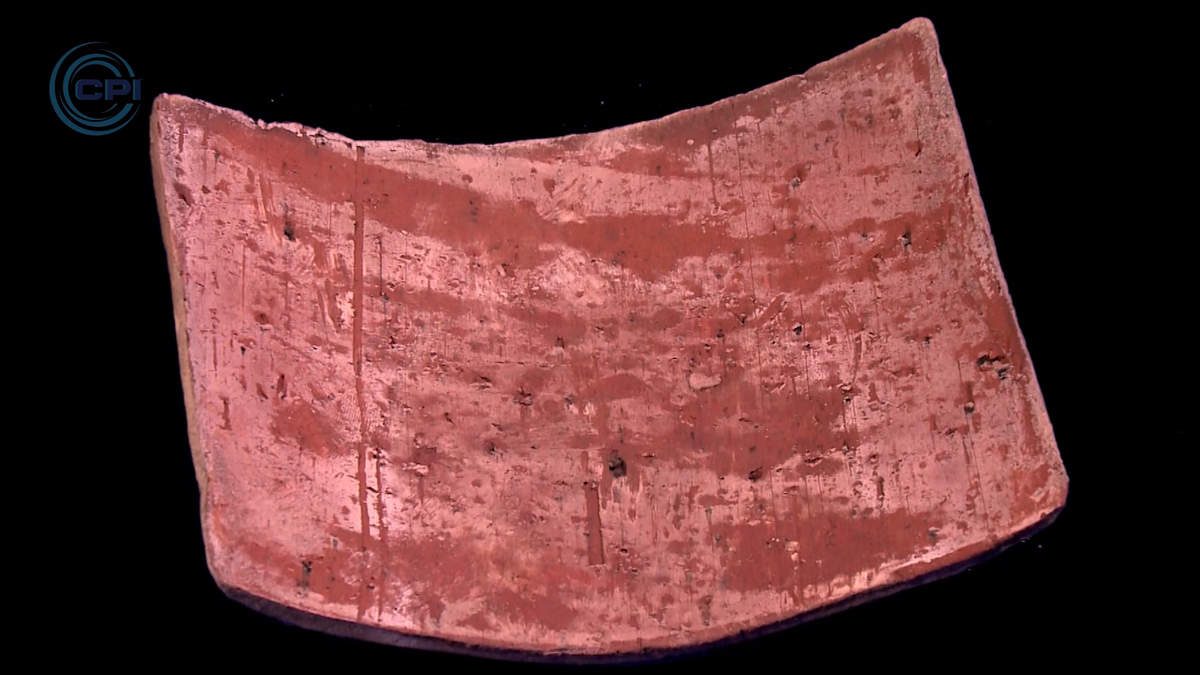
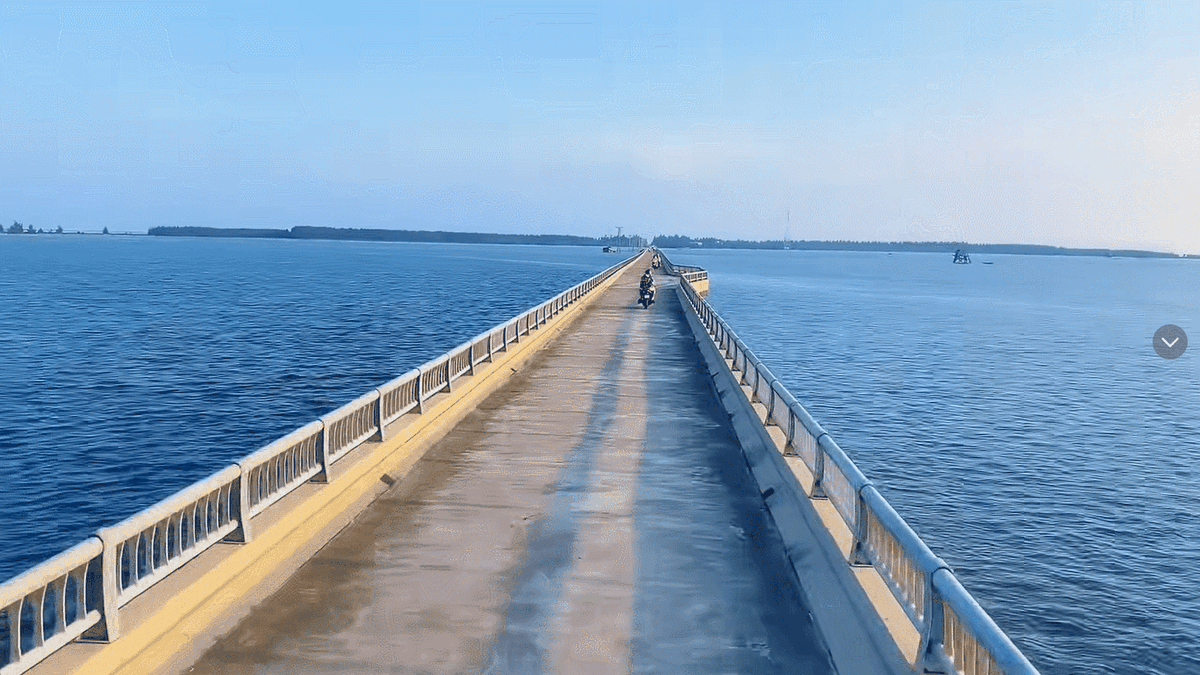
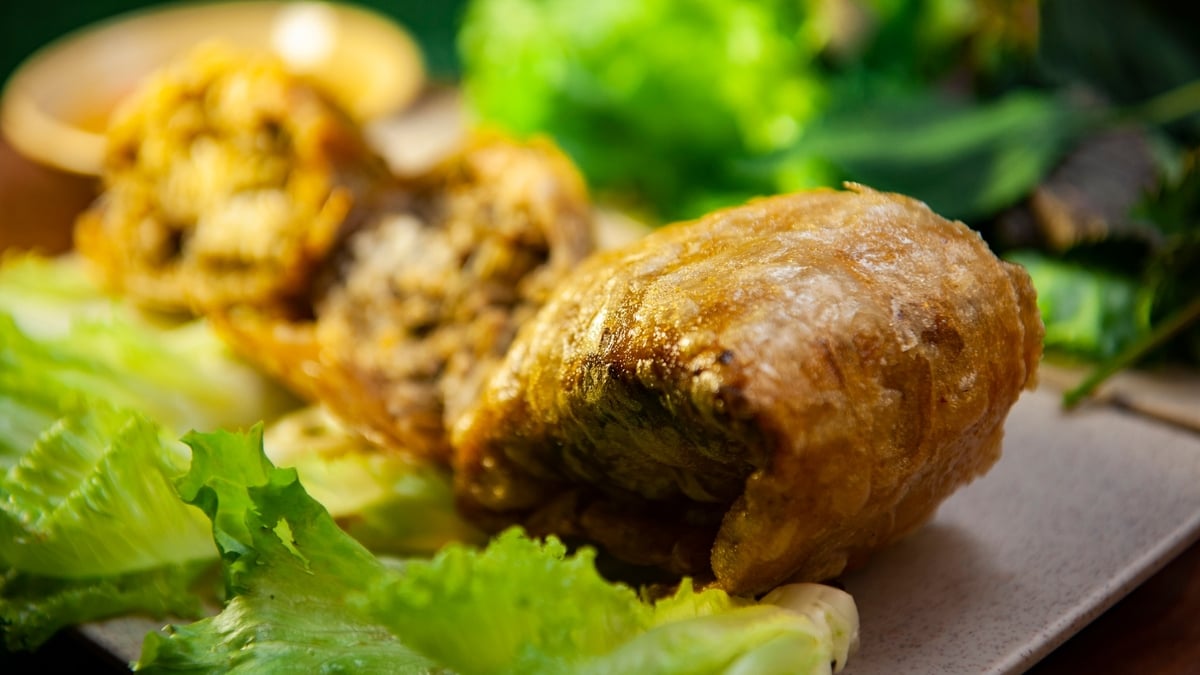





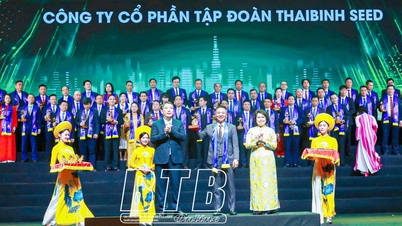


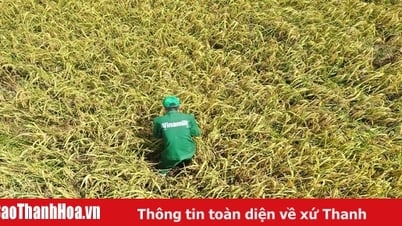
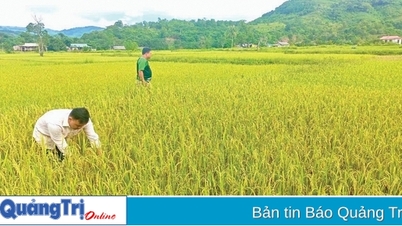
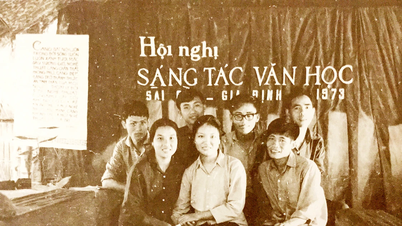
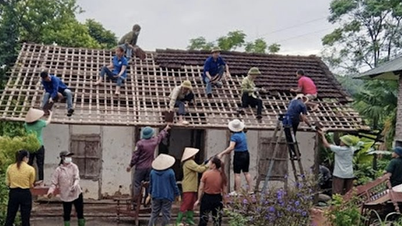

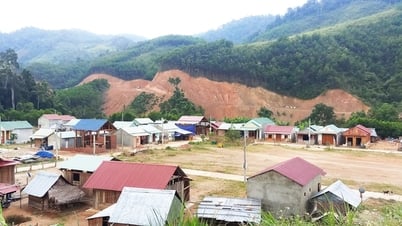






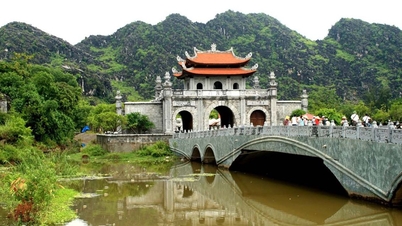

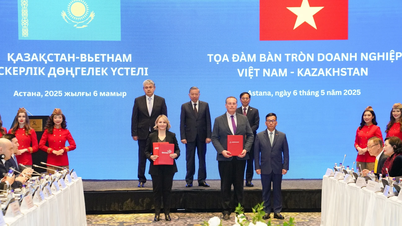

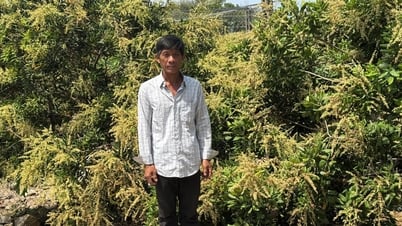
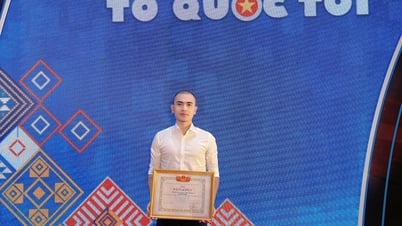
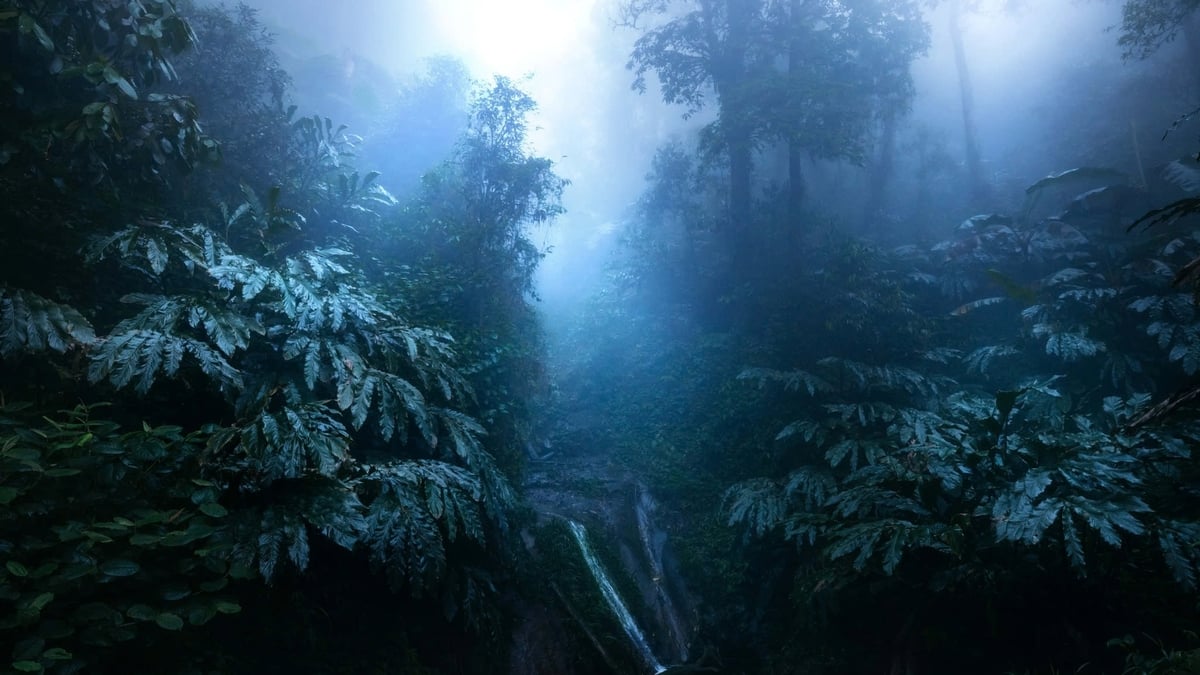


































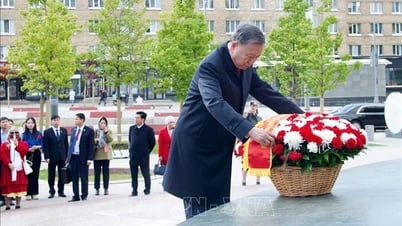
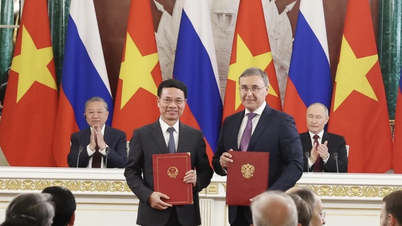

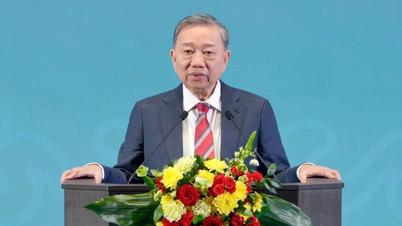










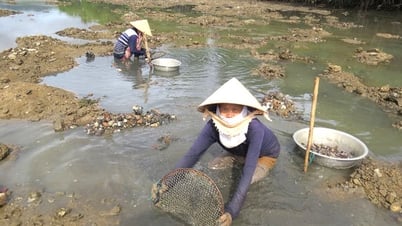

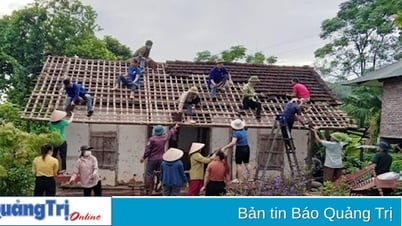
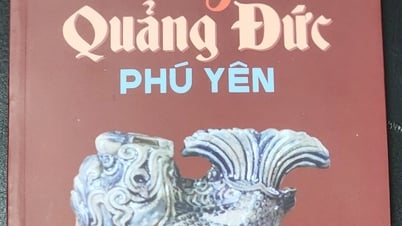
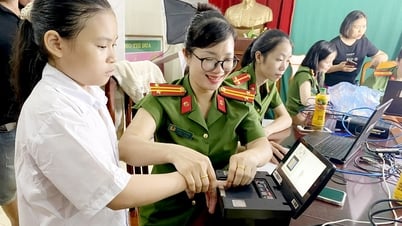

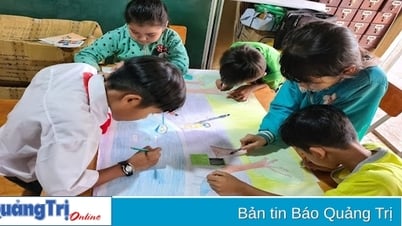
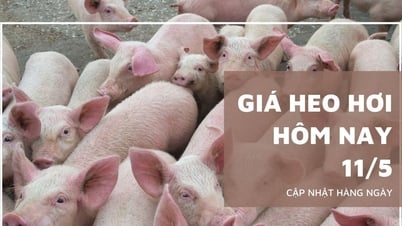












Comment (0)